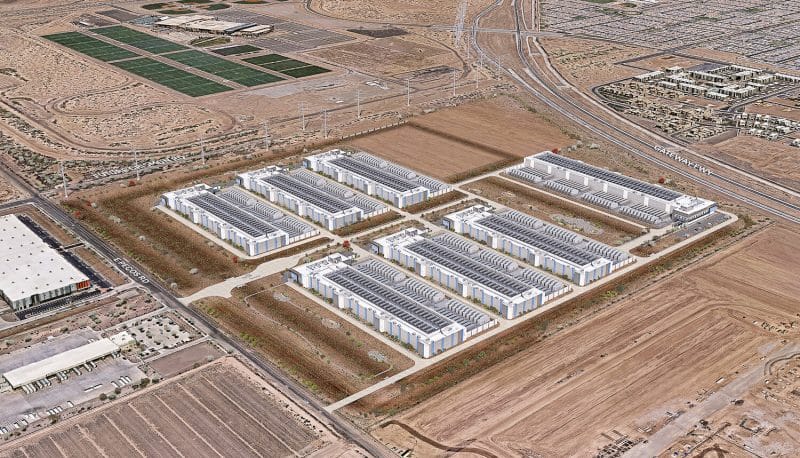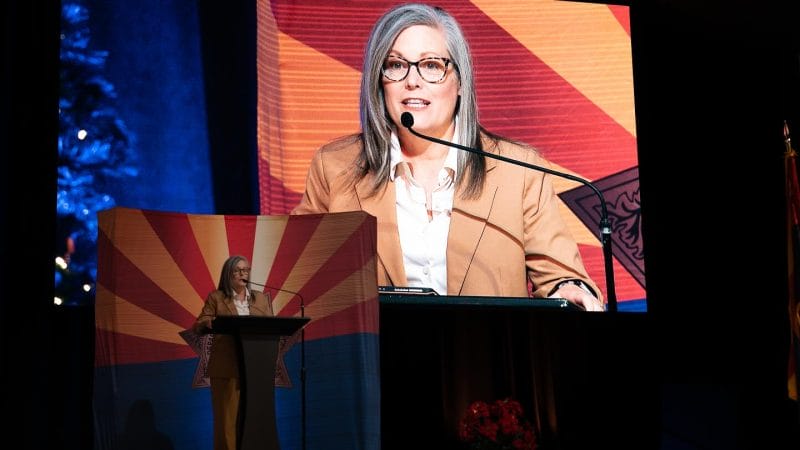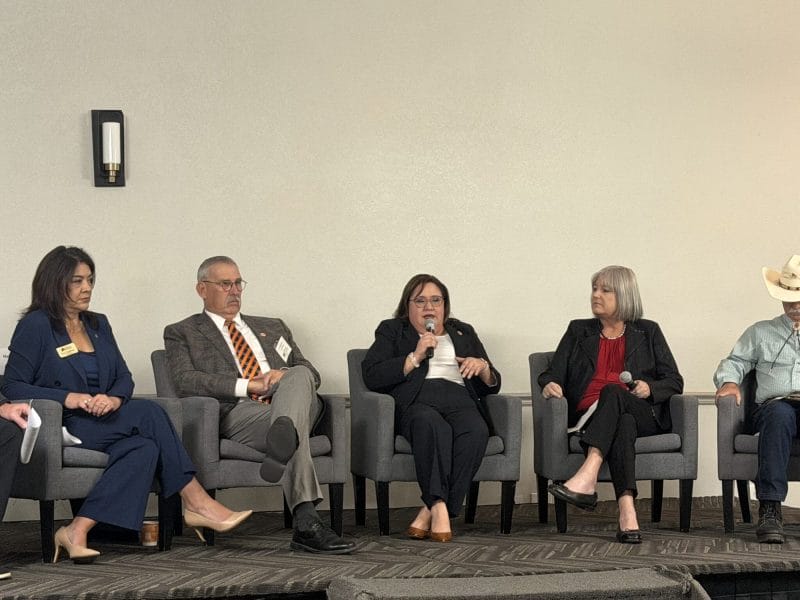By Reid Thomas | Wealth Management
The benefits of investing in Opportunity Zones (OZs) are many. Investors benefit by having capital gains tax obligations deferred, taxes reduced, and competitive investment returns, while stakeholders in distressed communities benefit from investments of capital which create jobs, improved access to services and affordable housing.
The Tax Cuts and Jobs Act of 2017 created a new federal incentive for OZs meant to spur investment in undercapitalized communities. Any corporation or individual with capital gains can qualify. Taxpayers defer payment of capital gains tax until December 2026. If the investment is held for five years at that time, then the investor gets a tax break by a 10 percent step up in basis. If the investment had been held for 7 years by that time, then a 15 percent step up in basis applies.
Recent proposed legislation (The Opportunity Zone Extension Act of 2021) would extend the federal incentive until the end of 2028, which would allow taxpayers to defer taxes for twoadditional years than the current legislation permits. In addition, it would allow more investors to benefit from the 7-year step up in basis amount. However, regardless of whether legislation like this passes, the chief tax incentive for OZs is the elimination of capital gains tax on the gain associated with the investment if it’s held for 10 years.








